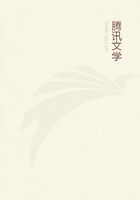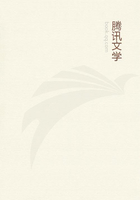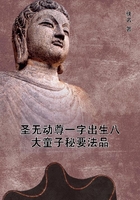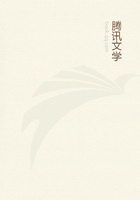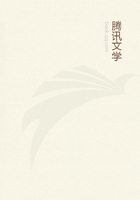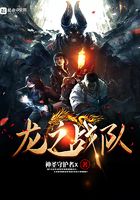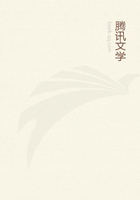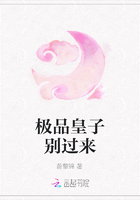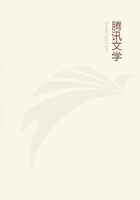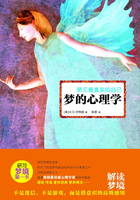THE second great stream which carried Greek medicine to modern days runs through the Eastern Empire. Between the third century and the fall of Constantinople there was a continuous series of Byzantine physicians whose inspiration was largely derived from the old Greek sources. The most distinguished of these was Oribasius, a voluminous compiler, a native of Pergamon and so close a follower of his great townsman that he has been called "Galen's ape." He left many works, an edition of which was edited by Bussemaker and Daremberg. Many facts relating to the older writers are recorded in his writings. He was a contemporary, friend as well as the physician, of the Emperor Julian, for whom he prepared an encyclopaedia of the medical sciences.
Other important Byzantine writers were Aetius and Alexander of Tralles, both of whom were strongly under the influence of Galen and Hippocrates. Their materia medica was based largely upon Dioscorides.
From Byzantium we have the earliest known complete medical manuscript, dating from the fifth century--a work of Dioscorides--one of the most beautiful in existence. It was prepared for Anicia Juliana, daughter of the Emperor of the East, and is now one of the great treasures of the Imperial Library at Vienna.[9] From those early centuries till the fall of Constantinople there is very little of interest medically. A few names stand out prominently, but it is mainly a blank period in our records. Perhaps one man may be mentioned, as he had a great influence on later ages--Actuarius, who lived about 1300, and whose book on the urine laid the foundation of much of the popular uroscopy and water-casting that had such a vogue in the sixteenth and seventeenth centuries. His work on the subject passed through a dozen Latin editions, but is best studied in Ideler's "Physici et medici Graeci minores" (Berlin, 1841).
[9] It has been reproduced by Seatone de Vries, Leyden, 1905, Codices graeci et latini photographice depicti, Vol. X.
The Byzantine stream of Greek medicine had dwindled to a very tiny rill when the fall of Constantinople (1453) dispersed to the West many Greek scholars and many precious manuscripts.
ARABIAN MEDICINE
THE third and by far the strongest branch of the Greek river reached the West after a remarkable and meandering course. The map before you shows the distribution of the Graeco-Roman Christian world at the beginning of the seventh century. You will notice that Christianity had extended far eastwards, almost to China. Most of those eastern Christians were Nestorians and one of their important centres was Edessa, whose school of learning became so celebrated. Here in the fifth century was built one of the most celebrated hospitals of antiquity.
Now look at another map showing the same countries about a century later. No such phenomenal change ever was made within so short space of time as that which thus altered the map of Asia and Europe at this period. Within a century, the Crescent had swept from Arabia through the Eastern Empire, over Egypt, North Africa and over Spain in the West, and the fate of Western Europe hung in the balance before the gates of Tours in 732. This time the barbaric horde that laid waste a large part of Christendom were a people that became deeply appreciative of all that was best in Graeco-Roman civilization and of nothing more than of its sciences. The cultivation of medicine was encouraged by the Arabs in a very special way. Anyone wishing to follow the history of the medical profession among this remarkable people will find it admirably presented in Lucien Leclerc's "Histoire de la medecine arabe" (Paris, 1876). An excellent account is also given in Freind's well-known "History of Medicine" (London, 1725-1726).
Here I can only indicate very briefly the course of the stream and its freightage.
With the rise of Christianity, Alexandria became a centre of bitter theological and political factions, the story of which haunts the memory of anyone who was so fortunate as to read in his youth Kingsley's "Hypatia." These centuries, with their potent influence of neoplatonism on Christianity, appear to have been sterile enough in medicine. I have already referred to the late Greeks, Aetius and Alexander of Tralles. The last of the Alexandrians was a remarkable man, Paul of AEgina, a great name in medicine and in surgery, who lived in the early part of the seventh century. He also, like Oribasius, was a great compiler.
In the year 640, the Arabs took Alexandria, and for the third time a great library was destroyed in the "first city of the West." Shortly after the conquest of Egypt, Greek works were translated into Arabic, often through the medium of Syriac, particularly certain of Galen's books on medicine, and chemical writings, which appear to have laid the foundation of Arabian knowledge on this subject.
Through Alexandria then was one source: but the special development of the Greek science and of medicine took place in the ninth century under the Eastern Caliphates. Let me quote here a couple of sentences from Leclerc (Tome I, pp. 91-92):
"The world has but once witnessed so marvellous a spectacle as that presented by the Arabs in the ninth century. This pastoral people, whose fanaticism had suddenly made them masters of half of the world, having once founded their empire, immediately set themselves to acquire that knowledge of the sciences which alone was lacking to their greatness. Of all the invaders who competed for the last remains of the Roman Empire they alone pursued such studies; while the Germanic hordes, glorying in their brutality and ignorance, took a thousand years to re-unite the broken chain of tradition, the Arabs accomplished this in less than a century.
They provoked the competition of the conquered Christians-- a healthy competition which secured the harmony of the races.

